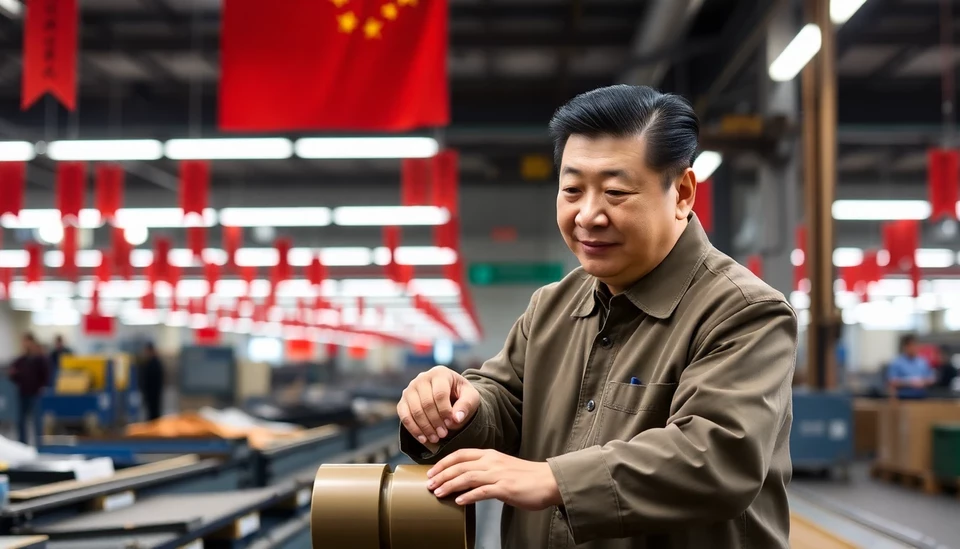
In a move to combat an alarming labor shortage, Chinese President Xi Jinping has called on the younger generation to focus on pursuing careers in manufacturing. This initiative comes as China grapples with a demographic shift and challenges in its manufacturing sector. The declining workforce is forcing the government to rethink its capacity to support the nation’s industrial ambitions.
The urgency of Xi’s appeal stems from statistics reflecting a concerning trend. With an aging population and a declining birthrate, the country is at a crossroads where the available workforce is shrinking significantly. This workforce shortage jeopardizes not only the stability of manufacturing but also the broader economic growth that China has long sought to sustain.
During a recent address, Xi emphasized the importance of cultivating new talent in manufacturing, highlighting that these sectors are critical for the country's future economic success. He stated that it is essential for children and young adults to recognize the importance of industrial employment and to prepare themselves accordingly through education and hands-on experience.
Xi's remarks reflect a broader strategy to revitalize China’s manufacturing sector, which has been facing stiff competition and rising costs in recent years. The government intends to encourage young people to pursue careers in fields that have sustained China's rapid industrialization over the past few decades.
Education plays a central role in this initiative. The Chinese government is looking into reforms that would align vocational training with the needs of the manufacturing industry. This would involve enhancing curriculums in schools and establishing partnerships with businesses to ensure that students acquire necessary skills that meet industry demands.
The emphasis on manufacturing careers also comes at a time when there is a significant push for high-tech industries, such as robotics and renewable energy. By diversifying the skill set of the future workforce, Xi aims to prepare China to remain competitive on a global scale.
Furthermore, the call for more youth involvement in manufacturing also serves as a response to the growing concern regarding economic disparities within the workforce. With many young people flocking to urban centers for jobs in tech and service industries, Xi’s vision encourages a shift back toward the foundational industries that have historically bolstered China's economy.
In summary, President Xi Jinping's recent call to action seeks to address the urgent labor shortages in China's manufacturing sector. By encouraging younger generations to invest in educational paths that lead to careers in manufacturing, the government hopes to bolster an industry that remains vital to the nation’s economic health and resilience.
As China navigates through these demographic challenges, the success of this initiative will largely depend on how effectively education systems can adapt to meet the evolving needs of the manufacturing sector.
#China #Manufacturing #WorkerShortage #XiJinping #VocationalTraining #YouthEmployment #EconomicGrowth #LaborMarket
Author: Rachel Greene




